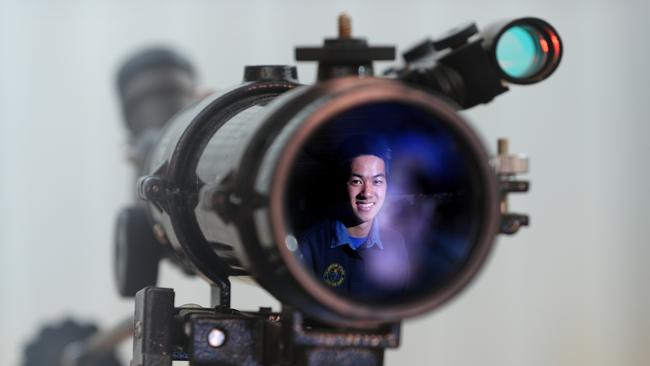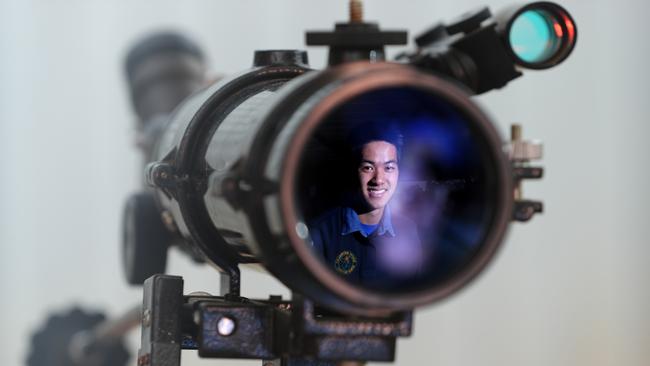SACE research project a better predictor of uni success than Australian Tertiary Admission Rank
THE compulsory SACE research project is a better predictor of success at university than overall Year 12 results, prompting Flinders University to factor it into the admissions process.

SA News
Don't miss out on the headlines from SA News. Followed categories will be added to My News.
- Full list of Year 12 merits
- Results out for International Baccalaureate students
- A Liberal government would make SACE research project optional
- Meet SA’s top SACE students for 2017
THE compulsory SACE research project is a better predictor of success at university than overall Year 12 results, prompting Flinders University to factor it into the admissions process.
Introduced in 2011, the research project requires students to explore a topic of their choice in depth. It has been controversial for reducing the number of regular subjects done by Year 12s, though many now complete it in Year 11.
Flinders’ student recruitment director Peter Torjul said the uni’s own data analysis showed research project grades were “positively associated with university results”.
“Students who achieved strong research project results (above 70 per cent) achieved a high level of academic performance at university and noticeably lower attrition compared with students who achieved lower scores, and all students combined,” he said.
“The research project provides a valuable opportunity for SACE students to develop and demonstrate skills essential for university study. Students develop their ability to question sources of information, make effective decisions, evaluate their own progress, be innovative, and solve problems.”
Flinders’ pilot program for admissions using research project results applies to a majority of its courses.
Applicants who score 70 per cent or above for the research project can be considered for admission with a 60:40 weighting of their ATAR (Australian Tertiary Admissions Rank, based on overall Year 12 results) against their research project score.
“If the combined score does not result in an enhanced selection rank, applicants compete in the normal way (based on ATAR alone),” Mr Torjul said. New SACE Board chief executive Martin Westwell, who was previously director of the Flinders Centre for Science Education in the 21st Century, said it was vindication for the research project.
“The point is that what they have seen is that the research project is a better predictor of university grades than the ATAR on its own,” he said.
“We can see why that might be, (because of) all the things about being a self-directed learner, being able to take your knowledge to other places, being a bit more critical.
“If you only looked at them through the lens of the ATAR, you would miss some great students.”
Adelaide University said the ATAR remained a good predictor of student success.
UniSA said it had no plans to give the research project “special weighting”.




